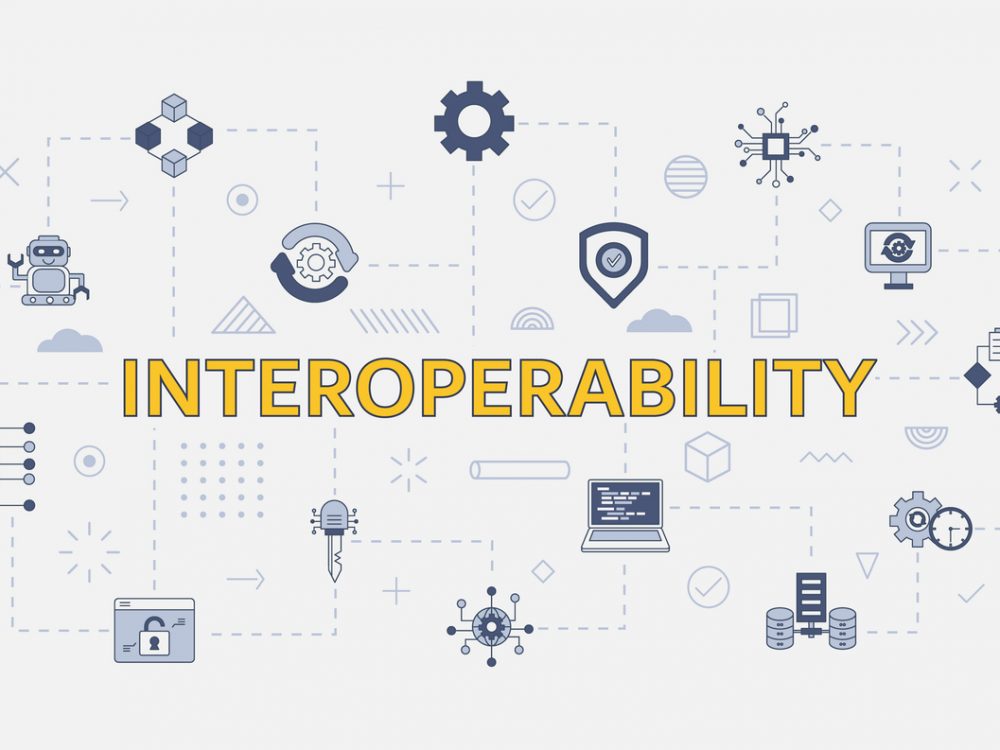Data on Youth and Tobacco in Africa
Through our Data on Youth and Tobacco in Africa (DaYTA) program, DG seeks to advance tobacco control efforts by gathering accurate data on tobacco use among 10- to 17-year-olds in Kenya, Nigeria, and the DRC. In collaboration with partners in governments, civil society, and academia, the DaYTA program will empower decision-makers to make timely, data-driven policies that, in turn, can lead to a healthier populace.
DG’s Data on Youth and Tobacco in Africa (DaYTA) program—a three-year, $4 million program supported by The Bill & Melinda Gates Foundation—seeks to advance tobacco control efforts by gathering easy-to-access data on tobacco use among 10- to 17-year-olds in Kenya, Nigeria, and the DRC.
Because young people shape trends, markets, and systems, accurate data on tobacco use among African youth is essential in regional tobacco control efforts. This data is especially important because African countries have some of the youngest populations in the world; in Nigeria, for example, 52% of the population is younger than 18.1
Further complicating this dynamic is how prevalent use of tobacco products is among young people; one cross-sectional study conducted in eight African countries found that in some places more than 36% of adolescents between 13 and 15 years old reported having smoked cigarettes.2 Therefore, actions taken today will impact not only young people’s future selves, but also the health and wellbeing of their country and region going forward.
Unfortunately, available data on tobacco use among youth is often either outdated (as is the case in Nigeria and Kenya) or doesn’t exist (in the DRC). Therefore, policymakers’ ability to make data-informed decisions to advance tobacco control policies is significantly limited.
Through the implementation of our Tobacco Control Data Initiative (TCDI) program, DG has become increasingly aware of the limited data on adolescent tobacco use. Three specific types of data that we know to be missing are:
- Data about out-of-school adolescents and females,
- Data on certain age groups, and
- Tobacco products included in surveys are limited.
Through the DaYTA program, we are seeking to fill these data gaps as well as any others that are identified in the process. Once this data has been collected and verified, it will be integrated into the country-specific TCDI dashboards and shared with partners and stakeholders.
- National Population Commission (NPC) [Nigeria] and ICF. 2019. Nigeria Demographic and Health Survey 2018. Abuja, Nigeria, and Rockville, Maryland, USA: NPC and ICF.
- Chido-Amajuoyi, O. G., Fueta, P., & Mantey, D. (2021). Age at Smoking Initiation and Prevalence of Cigarette Use Among Youths in Sub-Saharan Africa, 2014-2017. JAMA network open, 4(5), e218060-e218060.
Share
Related Posts

Beyond the Algorithm: The Case for Human Judgment in AI
As AI spreads across sectors, this blog explores why human-in-the-loop approaches remain essential, examining how human judgment supports ethical and sustainable AI, the limits of this approach, and what comes next.

Data on Youth and Tobacco in Africa Program Enters Phase II
The Data on Youth and Tobacco in Africa (DaYTA) program is launching its second phase, expanding to five additional countries. This blog highlights DaYTA’s objectives, innovative approach, and the key activities driving impact in adolescent tobacco control measures.

Interoperability as a Cornerstone of Resilient Digital Systems
As digital systems continue to multiply, siloed platforms limit long-term impact. This blog reflects on why interoperability is essential to building resilient, sustainable digital systems that remain useful beyond individual programs.